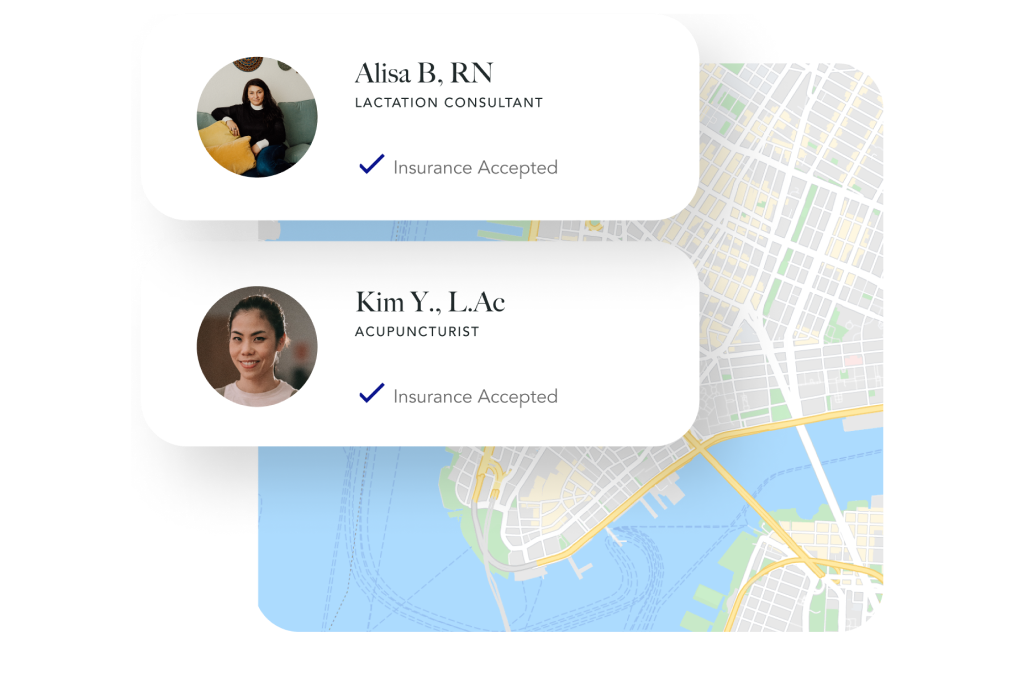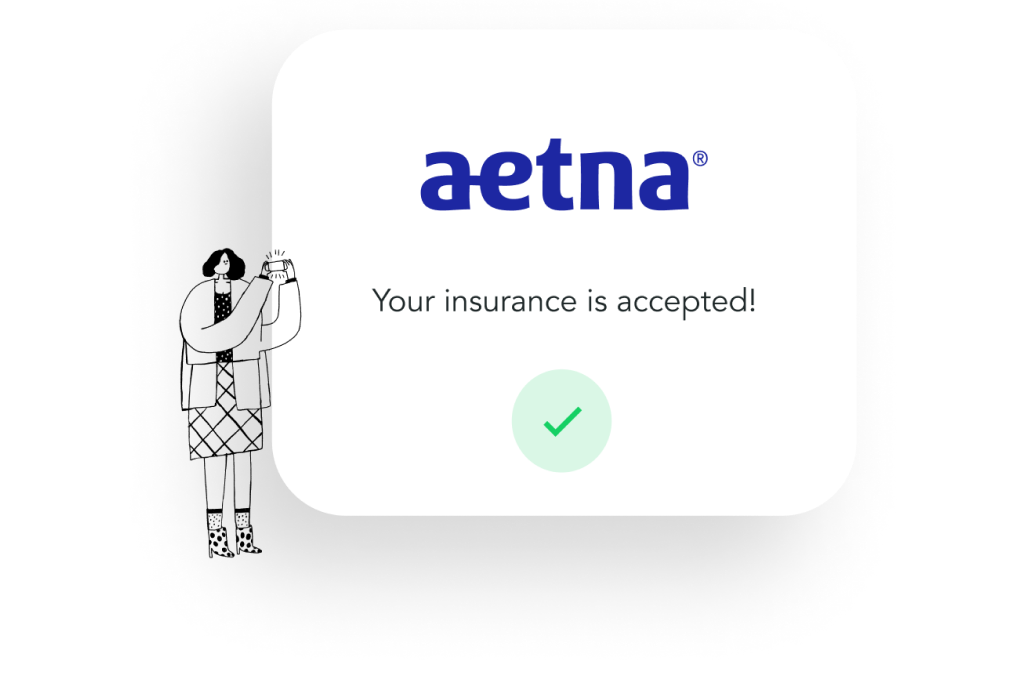
Our Specialties
Find Pediatric Nutritionists Near Me
90% of Zaya patients pay $0 for one-on-one nutrition counseling with a registered dietitian.
Find A Pediatric Nutritionist Near MeBrowse our directory of pediatric nutritionists — and book your visit online using your insurance.

Find the right care for you.

Pay with your insurance.

Book your visit online.
Get a provider who gets you.
Our providers are nutrition experts and take the time to get to know you and your needs.
Real talk from real patients.
Have questions? We’ve got answers.
For more information about how Zaya works, check out our frequently asked questions.
View FAQsMore about childhood nutrition & our pediatric nutritionists
What are the symptoms of pediatric nutrition issues?
Nearly half of all deaths in children under age five are attributable to undernutrition, but the face of malnutrition is rapidly changing, with childhood overweight becoming an escalating epidemic worldwide.
Pediatric nutrition issues can manifest in various symptoms and concerns. Here are some common nutritional problems in children and their associated symptoms:
- Fussy eating. Selective eating, refusal of certain foods, and limited food variety.
- Poor appetite. Lack of interest in eating, low food intake, and reduced mealtime duration.
- Iron deficiency. Fatigue, pale skin, weakness, and frequent infections.
- Vitamin D Deficiency. Bone pain, muscle weakness, delayed growth, and increased risk of infections.
- Inadequate fruit and vegetable intake. Limited consumption of fruits and vegetables, leading to nutrient deficiencies.
- Excessive milk consumption. Reduced appetite for solid foods, iron deficiency, and potential nutrient imbalances.
- Constipation. Infrequent bowel movements, difficulty passing stool, and abdominal discomfort.
- Food allergies. Allergic reactions to specific foods, such as hives, swelling, vomiting, or breathing difficulties.
- Overweight or obesity. Excess body weight, increased body fat, and associated health risks.
What are the risks of pediatric nutrition issues?
Pediatric nutrition issues can have significant risks and implications for children’s health and well-being. Here are some potential risks associated with poor pediatric nutrition:
- Malnutrition. Insufficient intake of essential nutrients can lead to stunted growth, delayed development, weakened immune system, and increased vulnerability to infections.
- Impaired cognitive function. Inadequate nutrition can negatively impact brain development, leading to learning difficulties, poor academic performance, and impaired cognitive function.
- Increased risk of chronic diseases. Poor nutrition in childhood can contribute to the development of chronic conditions later in life, including obesity, type 2 diabetes, cardiovascular diseases, and certain cancers.
- Weakened immune system. Inadequate intake of nutrients like vitamins and minerals can compromise the immune system, making children more susceptible to infections and illnesses.
- Delayed wound healing. Poor nutrition can impair the body’s ability to heal wounds and recover from injuries.
- Dental problems. Unhealthy eating habits, particularly excessive consumption of sugary foods and beverages, can increase the risk of dental cavities and oral health issues.
- Mental health concerns. Poor nutrition can contribute to mental health problems, such as depression and anxiety, in children and adolescents.
- Impact on bone health. Inadequate calcium and vitamin D intake can lead to weakened bones, increased risk of fractures, and impaired skeletal development.
When to see a pediatric nutritionist
You should consider working with a pediatric nutritionist or family nutritionist if your child experiences any of the following situations:
- Growth and development concerns. If your child is not growing at a healthy rate or experiencing delays in physical, cognitive, or social development.
- Picky eating or feeding difficulties. If your child has extreme food selectivity, refuses to eat certain food groups, or exhibits challenging behaviors during mealtimes.
- Weight management issues. If your child is underweight, overweight, or obese and requires guidance on achieving and maintaining a healthy weight.
- Food allergies or intolerances. If your child has been diagnosed with food allergies, intolerances, or sensitivities that require specialized dietary management.
- Chronic health conditions. If your child has a chronic health condition such as diabetes, celiac disease, gastrointestinal disorders, or metabolic disorders that necessitate specific nutritional interventions.
- Nutrient deficiencies. If your child has been identified as having nutrient deficiencies or requires additional nutritional support due to medical conditions or poor dietary intake.
- Eating disorders. If your child exhibits signs of disordered eating patterns, extreme weight loss, or has been diagnosed with an eating disorder that requires comprehensive nutritional therapy.
- Special dietary needs. If your child follows a vegetarian or vegan diet, requires modified diets (e.g., gluten-free, lactose-free), or has cultural or religious dietary restrictions.
>> See dietitians & nutritionists specializing in teens
How Zaya Care’s pediatric nutritionists can help
Zaya Care’s pediatric nutritionists are dedicated to supporting the health and well-being of children through personalized nutrition guidance. Our experts have specialized knowledge in pediatric nutrition and are equipped to address a wide range of nutrition concerns in children.
When you work with our pediatric nutritionists, you can expect the following benefits:
- Individualized nutritional assessment. Our nutritionists will conduct a comprehensive assessment of your child’s nutritional needs, growth patterns, and medical history to develop a customized plan that meets their specific requirements.
- Nutritional counseling. Our nutritionists will provide practical guidance on healthy eating habits, portion sizes, food choices, and meal planning tailored to your child’s age, preferences, and any specific dietary considerations.
- Addressing picky eating and feeding issues. If your child struggles with picky eating, food aversions, or feeding difficulties, our nutritionists can offer strategies to improve their eating behaviors and ensure they receive adequate nutrition.
- Managing medical conditions. Suppose your child has a medical condition that requires specialized dietary management, such as food allergies, gastrointestinal disorders, or chronic diseases. In that case, our nutritionists can develop an appropriate nutrition plan to support their overall health and manage their condition effectively.
- Growth and weight management. Whether your child needs support with healthy weight gain, weight loss, or growth concerns, our nutritionists will provide guidance to optimize their growth and development while maintaining a balanced and nutritious diet.
- Education and support. Zaya Care’s pediatric nutritionists empower parents and caregivers with the knowledge, support, and practical tips for their child’s nutrition.
By working with Zaya Care’s pediatric nutritionists, you will receive expert guidance and support to help your child achieve optimal nutrition, growth, and overall health.




